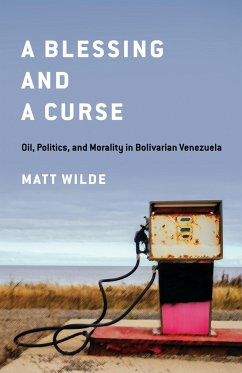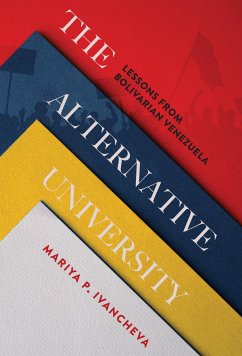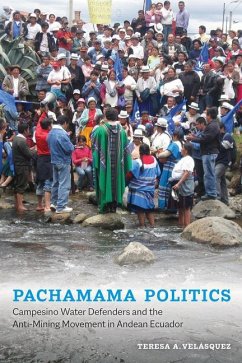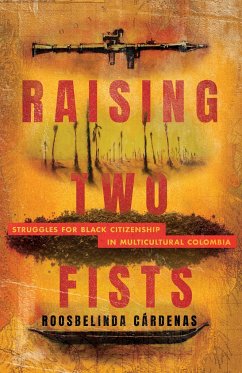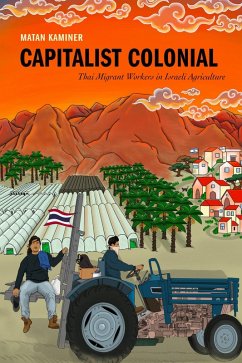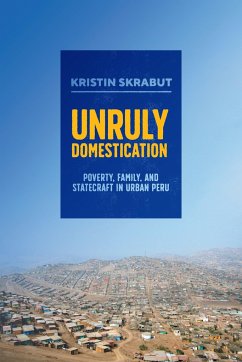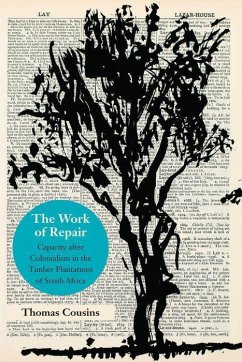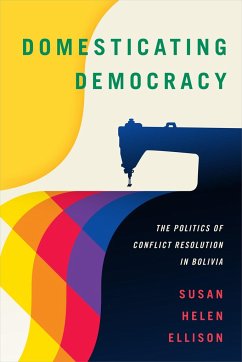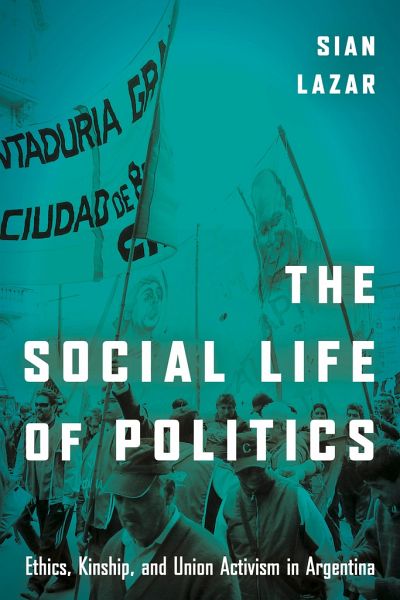
The Social Life of Politics
Ethics, Kinship, and Union Activism in Argentina
Versandkostenfrei!
Versandfertig in über 4 Wochen
107,99 €
inkl. MwSt.

PAYBACK Punkte
54 °P sammeln!
A central motor of Argentine historical and political development since the early twentieth century, unions have been the site of active citizenship in both political participation and the distribution of social, economic, political, and cultural rights. What brings activists to Argentine unions and what gives these unions their remarkable strength? The Social Life of Politics examines the intimate, personal, and family dimensions of two political activist groups: the Union of National Civil Servants (UPCN) and the Association of State Workers (ATE). These two unions represent distinct politic...
A central motor of Argentine historical and political development since the early twentieth century, unions have been the site of active citizenship in both political participation and the distribution of social, economic, political, and cultural rights. What brings activists to Argentine unions and what gives these unions their remarkable strength? The Social Life of Politics examines the intimate, personal, and family dimensions of two political activist groups: the Union of National Civil Servants (UPCN) and the Association of State Workers (ATE). These two unions represent distinct political orientations within Argentina's broad, vibrant labor movement: the UPCN identifies as predominantly Peronist, disciplined, and supportive of incumbent government, while the ATE prides itself on its democratic, horizontal approach and relative autonomy from the electoral process. Sian Lazar examines how activists in both unions create themselves as particular kinds of militants and forms of political community. The Social Life of Politics places the lived experience of political activism into historical relief and shows how ethics and family values deeply inform the process by which political actors are formed, understood, and joined together through collectivism.



